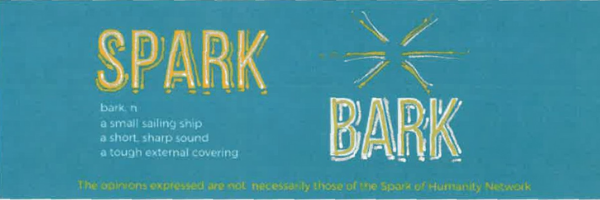 She wore a sequined mask. It was a drab February afternoon, the waiting room of a chiropractor’s office. I complimented her on the mask. She described how young women age, say, eight to thirteen, would have their eyes light up at the sight of it. I suggested that she was giving them a gift in expanding their sense of the possible. What I think of as the gift of odd.
She wore a sequined mask. It was a drab February afternoon, the waiting room of a chiropractor’s office. I complimented her on the mask. She described how young women age, say, eight to thirteen, would have their eyes light up at the sight of it. I suggested that she was giving them a gift in expanding their sense of the possible. What I think of as the gift of odd.
I have friends who are odd. I suspect that some of my friends find me odd. When I was younger, I did not want to associate with, or be associated with, people who were odd. I was afraid of being shunned, of being considered odd myself. Then I had a friend name herself “an odd duck,” and my appreciation of the gift of odd came to be. I began to accept and be grateful for the expanded territory of Possible which this friend offered me. This friend was accepted in our community. If my “odd” were smaller, or different than her “odd,” I might still be acceptable.
Once I started to expand the territory of my self-permission, something within me wanted more. The gift my “odd duck” friend had given me wanted to be given to others, to be passed on. The gift of, as my sequin-masked new friend put it, being one’s self.
Let’s see how this fits in with the spark work. The spark cannot be extinguished. It can, however, be baffled. The bafflement, we have come to see, leads to distortions, which, in turn, lead to both the inner and outer layers of defense.
My bafflement is usually about my safety. Not about being safe, but about feeling safe. Since my spark cannot be damaged, nor put out, I am essentially safe. But if I am not feeling safe (which may be to say that I am not secure in claiming my spark) I’ll start casting up distortions: “Maybe if I do this I’ll feel safe” or “If I have that I’ll feel safe.” That twists me, distorts me, is painful, and so leads to defenses.
Can using the spark concepts help me to be willing to be the oddity that I am? Well, I believe that if I want to help someone or want to be part of the global solution, using my spark is the simplest, surest way to do that. As I claim my spark, through it reaching out to affirm and connect with the spark in the other, I am part of the solution. That feels good. But also my spark is strengthened by this eleemosynary effort.
My strengthened spark acts to erode my defenses: maybe I don’t need them so much anymore. It can clarify my bafflement: Ah! O, yes, now I remember. My spark cannot be extinguished or corrupted. So I am safe. I may not be feeling safe, but that is likely just an outdated habit. I am safe. So I can be who I am, becoming my true self, odd or not, sequined mask or not. I am safely becoming my true self. You can too!